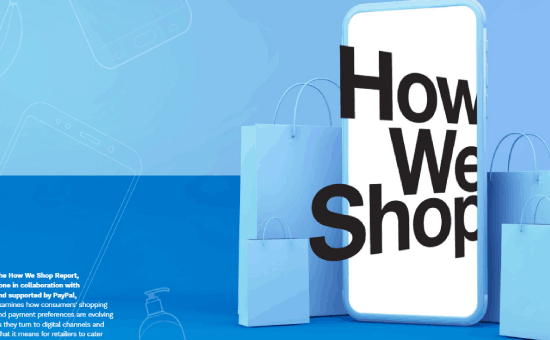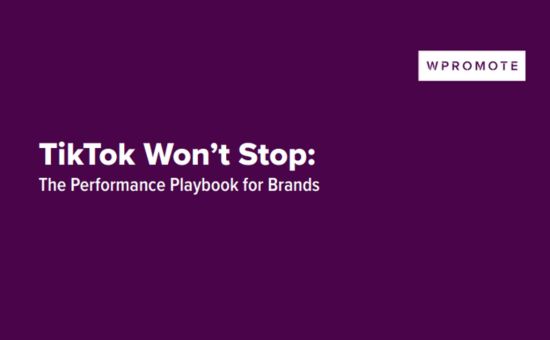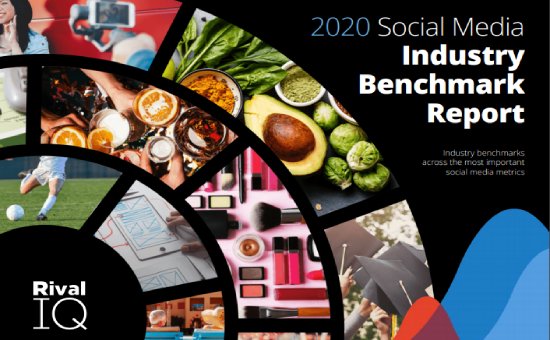Leveraging Psychology in Digital Marketing | Marketo
Consumer Behavior
Marketers are constantly seeking to create engagement with their buyers & drive actions that help buyers to move rapidly through their customer lifecycle.
The below points illustrates the strong intersection between modern marketing and psychology & what Marketers can achieve by using consumer psychology in marketing:
- Persuasion Architecture: It is simply designing the website, or in this case, the email and the customer journey in such a way as to convince and persuade a buyer to convert.
- Emotion-Driven Behaviour: Once you have persuaded potential buyers emotionally (albeit unconsciously), they will rationalize that choice on their own.
- Social proof: People are more likely to find actions when others are doing them (Crowdsourcing Products).
- Scarcity & loss aversion: Buyers tend to act quickly when they are told that a product or special offer won’t last long.
- Reciprocity: The human nature dislikes being indebted to others, which is the basis of the Reciprocity Principle.
- Commitment & Consistency: Human beings have a deep need to be seen as reliable and true to our word.
- Anchoring: Which describes the common human tendency to rely too heavily on the first piece of information you receive (the “anchor”) when making decisions.

An Example for Reciprocity—Discount for Contact Information

An Example for the Effective Anchor Effect with Original Price
What’s in the “Leveraging Psychology in Digital Marketing” eBook:
- Introduction
- Persuasion Architecture
- Emotion-driven Behavior
- Social Proof
- Scarcity Email Scarcity and Loss Aversion
- Reciprocity
- Commitment and Consistency
- Anchoring
- Conclusion
Number of Pages:
- 21 Pages
Pricing:
- Free

Marketo
Marketo provides a complete marketing automation software solution that is powerful and easy to use for fast-growing small companies and global enterprises alike.Built for marketers, by marketers, Marketo is designed to allow companies to launch their first campaign in days and scale to meet the needs of the most complex global enterprise.The solution delivers everything a marketer needs to deliver more sales leads with less work, including inbound marketing, lead management, social marketing, event management, instant CRM integration, sales dashboards, and marketing ROI reporting and analytics.






